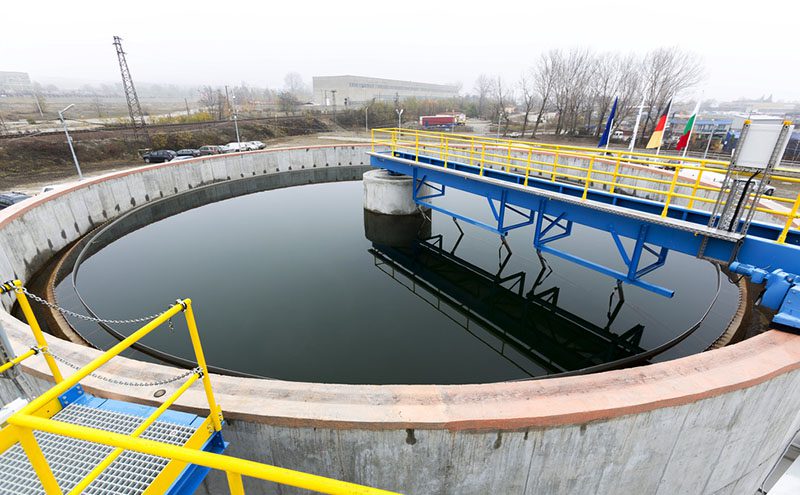
Water treatment plants will have to run at peak rates for longer
Pipework replacement needs to be increased significantly
More investment required in sustainable urban drainage
Britain’s water industry will face higher costs for treating and managing water supplies due to the increasing occurrence of drought and flood resulting from climate change, according to a new report from the Institution of Mechanical Engineers.
As summers become longer and hotter, water treatment plants will be required to run at peak flow rates for longer, raising maintenance and running costs as well as energy consumption. The increased water flow will also require more chemicals to clean the water faster.
The Institution said in the report “Water: Drought and Flood” that companies will also need to increase the pace of pipework replacement significantly, which will be expensive but is becoming essential.
To combat flooding, particularly after long periods of dry, hot weather, greater investment will be required in drainage systems in urban areas including more sustainable options such as parkland, ponds and ditches.
“We need to make people aware of the value of water as a resource. Consumers need to understand the challenges of managing water in more extreme environments and the increased costs that water companies will face running treatment plants at higher flow rates as well as reducing leakage,” said Dr Jenifer Baxter, Head of Engineering at the Institution of Mechanical Engineers and the report’s lead author.
“Sustainable drainage and water recycling systems along with reducing water use are all part of the solution of helping us adapt to climate change.”
Most Government policies, strategies and reports do not consider hot, dry weather together with flooding – looking at one or the other – and a new water infrastructure sustainability plan is needed which combines drought and flood.
The Institution supports a “systems thinking” approach to water management as highlighted in regulator Ofwat’s report, “Resilience in the Round”, which was released in 2017 and identifies the linkages between many aspects of urban life – physical, social and economic.
The Ofwat report brings together the challenges of unexpected events, such as superstorms, heatwaves and blackouts, but also infrastructure, and an ageing and growing population.
The Institution made the following recommendations in the report:
– All major UK cities to publish research on what their infrastructure needs will be in relation to water. Water is a limited resource – infrastructure for new-build homes and businesses should be designed and developed with increased extreme weather in mind. This should include sustainable urban drainage and grey water recycling in new-build properties, reducing the burden on water treatment works in the summer months and helping to manage extreme rainfall events.
– UK Government should run a public awareness campaign on the value of water and consequences of our changing climate. This could include what householders and businesses need to do to build resilience into their properties, in order to mitigate the impacts from poor drainage when periods of dry weather end this year, and in future years.
– The water industry, with the support of Water UK and the National Infrastructure Committee, creates a forum of water-intensive industries and the water companies create a water infrastructure sustainability plan for UK industry that combines drought and flood. It is crucial that supply exceeds demand not just by ever increasing production, but instead by mitigating use in a similar way to the electricity grid which has clients on interruptible contracts.







